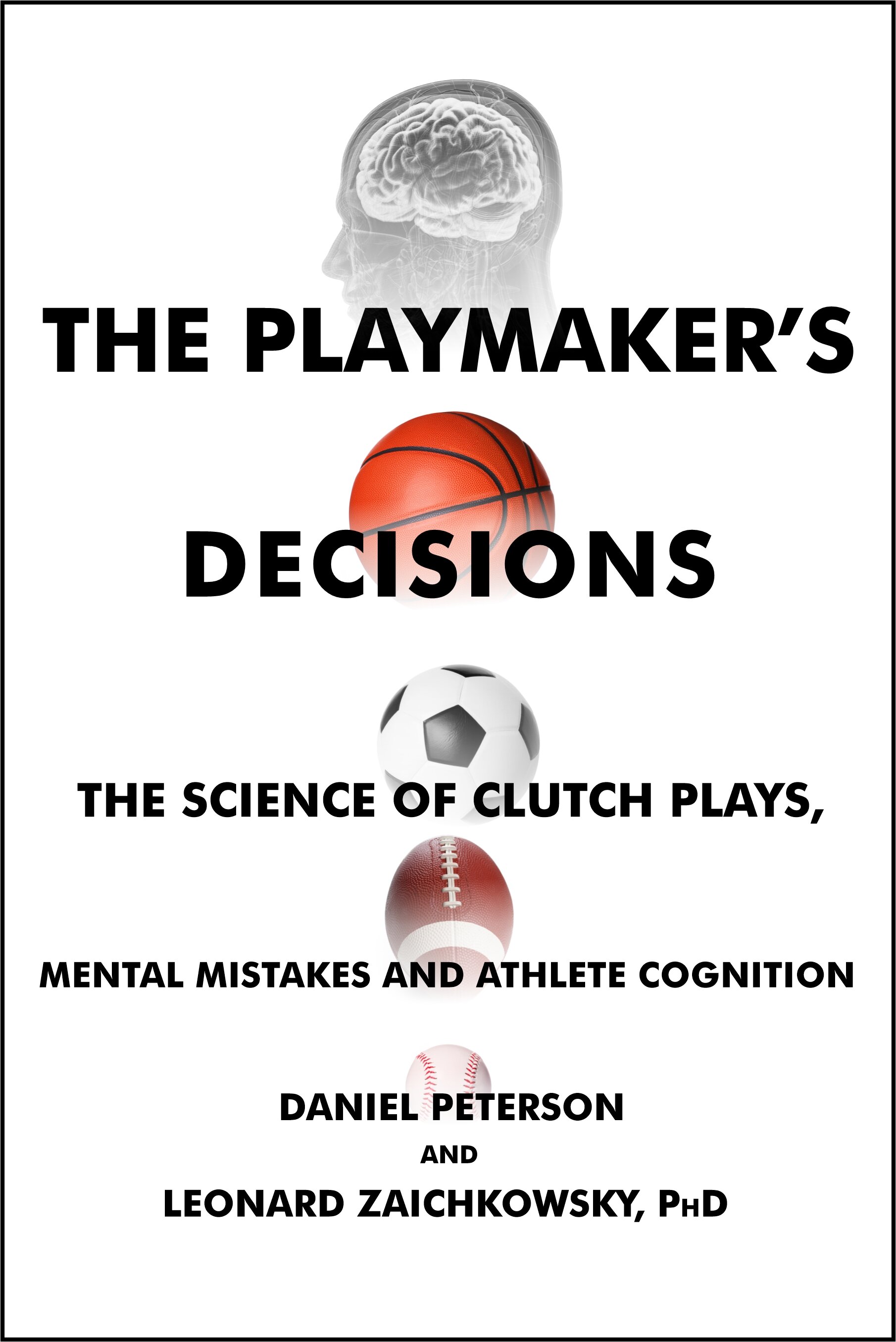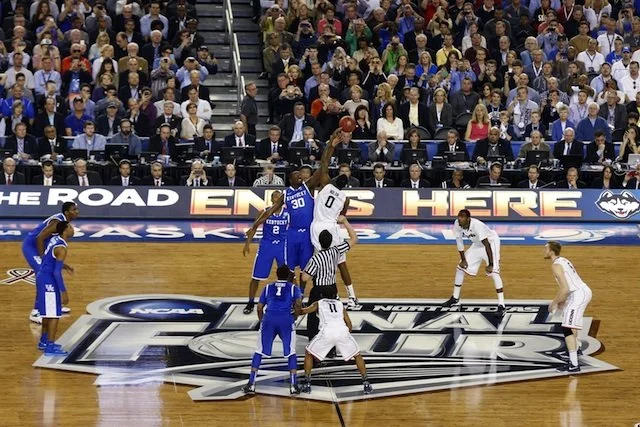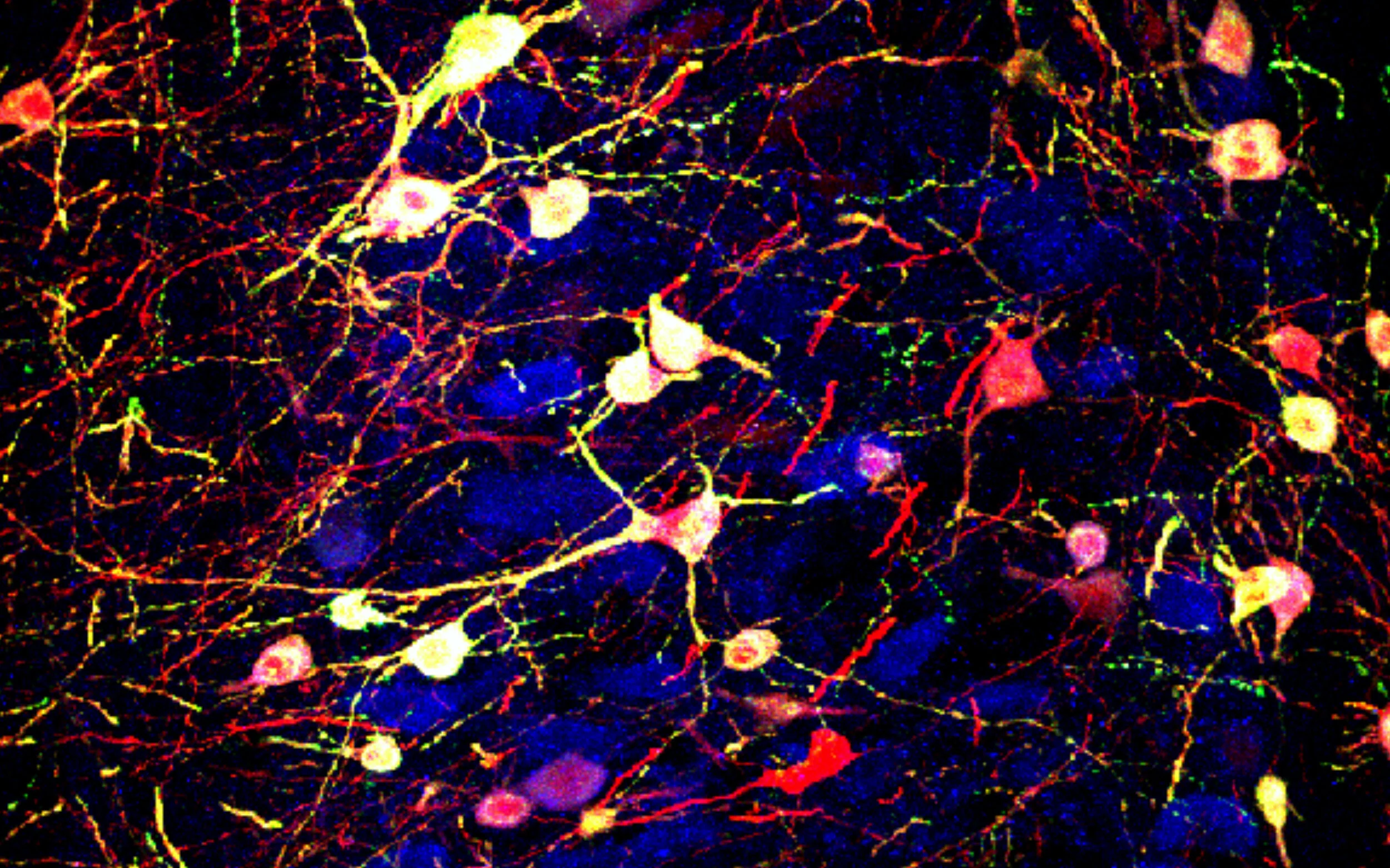Where Does Sport Psychology Fit?
/
As I outline my framework for researching the neuro-motor skills necessary for sports, I have debated where the discipline of "sport psychology" fits. Obviously, the topics of motivation, fear, anxiety, concentration, imagery and leadership are critical to the success of any athlete, and are often included under the heading of sport psychology. I can see more application of these ideas in the realm of decision theory than the core skills. An athlete does not perform in a vacuum. His decisions on the field are affected by his emotions, his confidence level, his fear of failure. For example, what effect does the game situation have on a pitcher's skill level? If the score is 0-0, with no one on base and 2 outs in the first inning, not only will his pitch selections and execution be determined by his rational, tactical decisions, but also by his confidence level at that point. Did his last outing go well? Has he had a good month of starts, or is he nervous about getting through this game? Athletes are humans, not robots. Their confidence, motivation and emotions cannot be detached from their skills. The degree to which they can keep their feelings under control are a measure of their maturity as a player but all athletes are somewhere along the continuum. Based on this assumption, we will definitely dig into this "emotional intelligence", to borrow the phrase from Daniel Goleman, but will separate the topics initially and address their intersection later.











